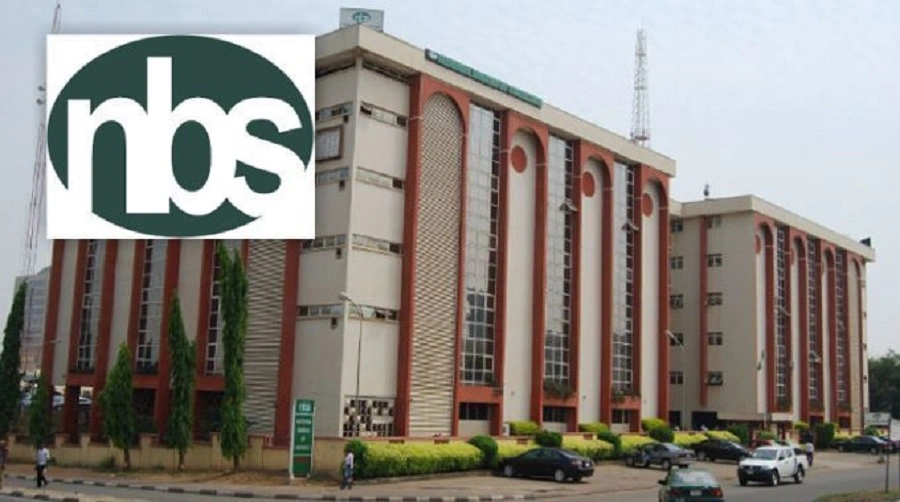The National Bureau of Statistics released the inflation data last Friday with the figures exceeding anticipated consensus and expectations – headline inflation rocketed by 1.8% to 31.7% from 29.9% in January.
The latest increase is a 28-year high and is making policymakers scratch their heads because the food and non-food inflation baskets showed surges in price.
Food inflation, which is the most politically sensitive, climbed to a high of 37.92% from 35.41% in January. The commodities that witnessed the sharpest price increase in the food basket include rice (35.7%), beans (17.6%), tomatoes (40%), pepper (41%), garri (28%), eggs (18.4%), turkey (25%) and onions (33.3%).
The incessant increase in food prices is linked to cost-push inflation, driven but not limited by weaker naira and forex translation costs.
- Hunger in Nigeria weaponised, politicised – Defence College provost
- Hardship: NASFAT to feed 1m Nigerians during Ramadan
Importers attempt to reprice inventory at the current exchange rate, especially for imported commodities. In recent times, there has been looting of warehouses and stores by desperately hungry citizens. Some have expected the release of grains from the strategic grain reserve to ameliorate food prices, but that did not materialize
In the non-food basket, the cost of transportation and speculation showed a marginal increase, especially intercity fares. A noteworthy development is the direction and magnitude of core inflation, excluding food and energy.
Core inflation ticked up by 1.54% to 25.13% from 23.5%. Analysts have implied that this could mean that inflation could be more structural than transient. It also calls into question the appropriateness and effectiveness of relying on monetary policy tools as the antidote to the current bout of inflation.
Experts at Financial Derivatives headed by Bismark Rewani said, “ It means that in addition to interest rates, there is a need to add fiscal measures to the existing cocktails of policies to bring inflation under control (importation of food).
They added that the markets still find it ironic that the domestic prices of commodities continue to rise at a time of a global reduction in prices.
“Those who argued that this is because of a rapid depreciation in the exchange rate, are unable to defend the view because the exchange rate in naira appreciated marginally. The lowest point of the naira was at N1915/$ on February 21st to N16,04/$ in March. Inventory holders were of the view that the appreciation of the naira after February was not convincing.”
Monetary policy tightening- Implication of decision lags
To counteract rising inflation, the MPC decided to tighten monetary policy by increasing the Monetary Policy Rate (MPR) and modifying other key rates. These actions will have a gradual influence on inflation and economic stability as they become operative and interact with different economic forces.
However, because there is a transmission lag between the time a policy decision is made and when it will fully impact inflation targeting and the economy, the impact of the decisions has not yet been seen in headline inflation.
In addition, experts believe that the interest rate hike propelled foreign portfolio investment inflows, improving foreign exchange liquidity and gradually correcting exchange rate misalignment.
Nevertheless, they argue that there is a need for NBS to reconstitute the inflation basket sooner to address the questioning of the authenticity of the data in capturing the general price level.
Monetary policy tightening most likely outcome
The experts said MPC at its next meeting will be in a dilemma as to whether to tighten further or maintain the status quo. The most likely outcome is a 100-basis point increase in the MPR to 23.75%p.a.

 Join Daily Trust WhatsApp Community For Quick Access To News and Happenings Around You.
Join Daily Trust WhatsApp Community For Quick Access To News and Happenings Around You.


